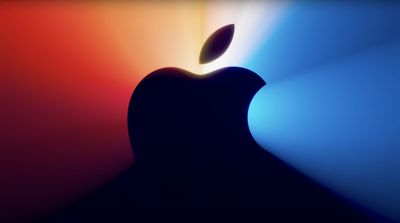Younger Americans prefer Apple over rival companies by significant margins, driving a generational shift toward Apple devices and social pressure, the Financial Times reports.

According to the report, younger consumers are concerned about being socially ostracised for not having an iPhone – a phenomenon that is driving young people to buy other Apple products and services, leading to growing market share across multiple product categories.
Those born after 1996, also known as Gen Z, compose 34 percent of all iPhone owners in the U.S., compared to just 10 percent for Samsung. For older generations, there is a relatively even split between iPhone and Android users. The ramifications of this shift toward Apple devices among younger people extends beyond iPhones, with these users being much more likely to purchase AirPods, Apple Watches, and Macs.
For every 100 iPhones Apple sells around the world, it also sells 26 iPads, 17 Apple Watches, and 35 pairs of AirPods, according to research by Canalys. For Samsung, every 100 smartphone sales leads to fewer than 11 tablets, six smartwatches, and six pairs of wireless earbuds being sold. This is in spite of the fact that the average selling price of an iPhone is almost three times that of an Android device.
Researchers who advise companies about the preferences of Gen Z consumers told the Financial Times that these customers are the most online of any age group, spending up to six hours a day on their smartphones. As a result, Apple's ecosystem is shaping social decision-making, with particular emphasis on the importance of iMessage as a social signal, necessitated by inferior experiences messaging and using group chats via SMS.
In Europe, where iMessage is less prevalent and Android has a bigger market share, the same trend is similarly visible. Canalys research indicates that 83 percent of Apple users in western Europe under 25 years old plan to keep using an iPhone. As Gen Z gets older, this trend is likely to grow and further entrench Apple's market share, making it increasingly difficult for rival companies to capture new customers and make inroads.























